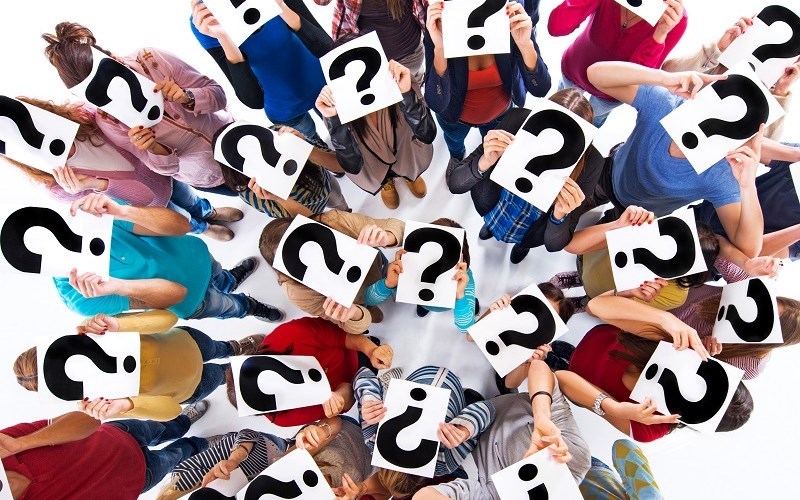The 62-page study published by Johns Hopkins University states that benefits of lockdowns were "marginal at best." Specifically, lockdowns in Europe and the U.S. reduced the COVID-19 death rate by a mere 0.2%, says the study. Shelter-in-place orders were also "ineffective." (See earlier AFN report)
 While the meta-analysis (the combining of results of many different studies) concluded lockdowns had little to no public health effects, it found they did bring "enormous" economic and social costs: "reducing economic activity, raising unemployment, reducing schooling, causing political unrest, contributing to domestic violence, and undermining liberal democracy."
While the meta-analysis (the combining of results of many different studies) concluded lockdowns had little to no public health effects, it found they did bring "enormous" economic and social costs: "reducing economic activity, raising unemployment, reducing schooling, causing political unrest, contributing to domestic violence, and undermining liberal democracy."
It's likely a majority of Americans haven't heard much about the study. Fox News reports there's been "a full-on media blackout" from the liberal press all week. The same networks that shamed red states with minimal restrictions and criticized large public gatherings as "superspreaders" (CNN, MSNBC, ABC, CBS, and NBC) have ignored the Johns Hopkins study, Fox notes.
"It wasn't just the networks avoiding the study," Fox continues. "The New York Times, The Washington Post, The Associated Press, Reuters, USA Today, Axios, Politico among other outlets also turned a blind eye to the findings."
Media Research Center also noticed the absence of coverage the day after the study was released.
"Apparently, this [study] was not newsworthy to the three broadcast evening newscasts [on Tuesday] who all decided to ignore the report," notes MRC's Kevin Tober. "On the other hand, Fox News' Special Report covered the story during the show's A-block."
 Warnings were also ignored
Warnings were also ignored
Many people and organizations warned early on that lockdowns weren't going to make a difference and would in fact harm the economy. Leading that charge were the authors of and signatories to the October 2020 Great Barrington Declaration – a group of infectious disease epidemiologists and public health scientists who had grave concerns about the damaging physical and mental health impacts of the prevailing COVID-19 strategies.
Dr. Jay Bhattacharya, professor of Medicine at Stanford University and one of the authors of the Great Barrington Declaration, told "Washington Watch with Tony Perkins" this week that not only was he not taken seriously, he was accused of "conspiracy theories":
"Four days after we wrote it, [former director of NIH] Francis Collins wrote an email to Tony Fauci calling me a 'fringe epidemiologist.' And I know I work at Stanford, and I may or may not be right or wrong, but I don't think I'm a fringe epidemiologist …. And then he called for a takedown [of my argument], which came in the form of an op-ed in Wired magazine – not a scientific takedown …. This was the strategy they used to try to marginalize voices, scientific voices."
Other critics of lockdowns and other restrictive measures have included Senator Rand Paul (R-Kentucky) – one of the loudest critics of Dr. Anthony Fauci – and his Republican colleague, Senator Roger Marshall of Kansas. Both Paul and Marshall are doctors.
Twila Brase, a registered nurse and president of Citizens' Council for Health Freedom, has also been a critic of restrictive measures like lockdowns and mask mandates.

"It's refreshing in a way to see the Johns Hopkins study say what we all have known from the very beginning," she tells AFN. "But that does not do anything for all the people who have been harmed."
Brase has argued in recent months that there's "absolutely no science" behind lockdowns and compulsory vaccinations. She reiterated her stance after the Johns Hopkins study was released.
"The interesting thing about this entire pandemic response of lockdowns is that it almost just totally ignores the basic fact that a virus is a virus – and it's very hard to stop viruses," she explains.
"The very idea that we would lock people down, take away their freedoms, force them to pay all sorts of money for trying to stop the virus – which is going to be a virus and get through anything anyway.
"It's just hard to imagine how this happened and how anybody could actually have advised it in the first place," Brase concludes.







